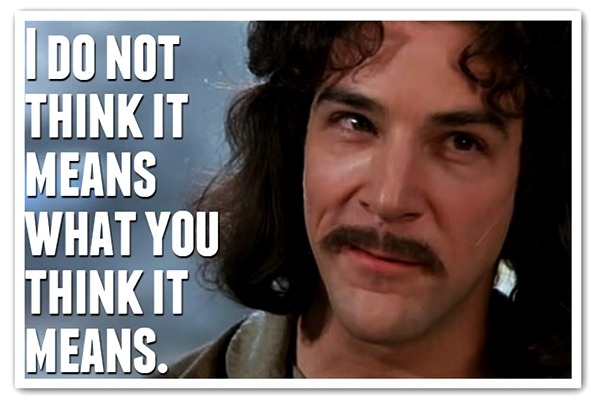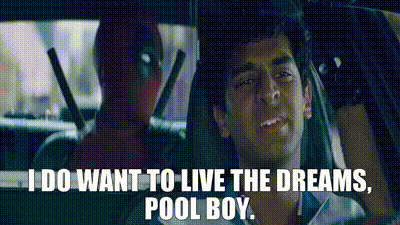I just started a private Kibitzing thread on the ongoing game. I hope that nobody objects. I’ll make that thread public when the game concludes.
If any observer is interested to see the current secret position, just let me know. Of course that information is confidencial and must not be leaked to players.
Question:
What happens upon suicide? Since the rules mention that the “usual” rules of go (except for the ko-rule) apply, this would imply that suicide is an illegal move.
Thus, does a player get to replace a stone if it turns out to be suicide, or do we play with the rules of go allowing suicide instead?
I assumed suicide is allowed. And I vote for it since it makes the game mechanics simpler.
Agreed, but it would be yet another advantage to the rebels, in a certain sense (since rebels, knowing the rough alignment of players, are way less likely to suicide than settlers)
On the other hand, it’s hard to know what the balance is, and probably with the range of skill level between the players, it will be hard to properly assess as well.
You have a point there. But if the rebels have too much of an advantage I’d prefer to find some other way of compensating for that, that doesn’t make the gameplay awkward. And we are playing the first game ever, it would be very surprising if we found the right balance right away.
My intention was that suicide is allowed. When I wrote the rules, unfortunately I didn’t think about mentioning that. Any objection against me adding a clause to the rules, saying that suicide is allowed?
None from me, as long as there is a decision about it ![]() You’re the arbiter, so it’s your decision.
You’re the arbiter, so it’s your decision.
Thank you, I added it to the rules. Hopefully the rules are complete and unambiguous now, although my confidence in that has gone down ![]()
Didn’t some mathematician with an umlaut proof that any go-ruleset has to be either incomplete or inconsistent?
I’m not familiar with anything like that, however
What that person probably proved was that you could do arithmetic+recursion with Go, or that Go is turing complete or something along those lines.
The implication is not that “every ruleset is missing more rules” and so that there are always situations within the game where you don’t know what to do (i.e. “should this stone be removed?”, “is x move allowed?”, etc.).
The implications would be things pretty much irrelevant for any casual player. Things like, for example, “Can I prove than on an infinite board with such and such conditions whether this ladder has a ladder breaker?”. Sometimes you can prove it, sometimes you can’t and sometimes the question has no answer because you need more axioms.
By the way, you can do the same with chess.
I think it was only a joke.
Well, yes, but I love the idea that one day by making what was meant to be a cheap joke I will find a profound new truth and become famous for it. So please keep digging!
So, there was not Mr. Ümlaut PhD!? I feel betrayed.
Well, with superko, the defined game is necessarily finite, thus cannot have any form of incompleteness, nor of undecidability…
It’s not computationally easy to determine the winner of a Go game (assuming perfect play), since this problem for a general position is PSPACE-hard. In particular, there is no known way to solve such problems with an amount of space determined by a polynomial evaluation of the size of the board (hence increasing the size of the board will lead to more than a polynomial increase in the size of the problem in terms of computational resources needed). It’s also EXPTIME-hard, which means that the optimal currently known efficiency for solving the game grows with at least exponential time, and there’s no solution growing with at most polynomial time. That is, it is about as efficient to search the entire tree, and any more significantly efficient way of deciding the winner of a game of Go would solve (a problem related to) one of the hardest current open problems in mathematics in a very surprising manner.
For Turing-completeness we’d need a certain goal for what to compute. Generally this would be determining the winner under perfect play. On a finite board, however, this cannot be Turing-complete, since it can only compute a finite amount of information, and Turing completeness requires an infinite amount.
On an infinite board, the limitation of space disappears, but here we need to decide who wins games of infinite length. I’m not aware of an intuitive way to define this properly. However, for capture Go this is different: using an infinite board with a preset position, it really feels like this should be Turing complete (to me at least). I don’t have a proof for this claim, but it could be a nice subject for a paper I’ll write tomorrow*.
*Where tomorrow always refers to the day after the moment you’re reading this
Yeah, I also want a million dollars[*].
[*] minus taxes, lawyer expenses, cost of repatriation… I guess I’d be lucky if I got any money at all ![]()
A question came up that I had not considered yet. Are anonymous polls allowed in the public game thread?
I’d say we should know who votes what.
Hmmm, I tend towards allowing them. If I as a player don’t like the anonymity, I might refrain from voting and could even repeat the same poll in a non-anonymous way. My feeling is this doesn’t give an unfair adavantage to anyone, so why forbid it?
(In the current game I’m a settler who wants all information out, so I’ll probably vehemently fight such a poll there. ![]() )
)
This is not the thread to make any such claim ![]()

